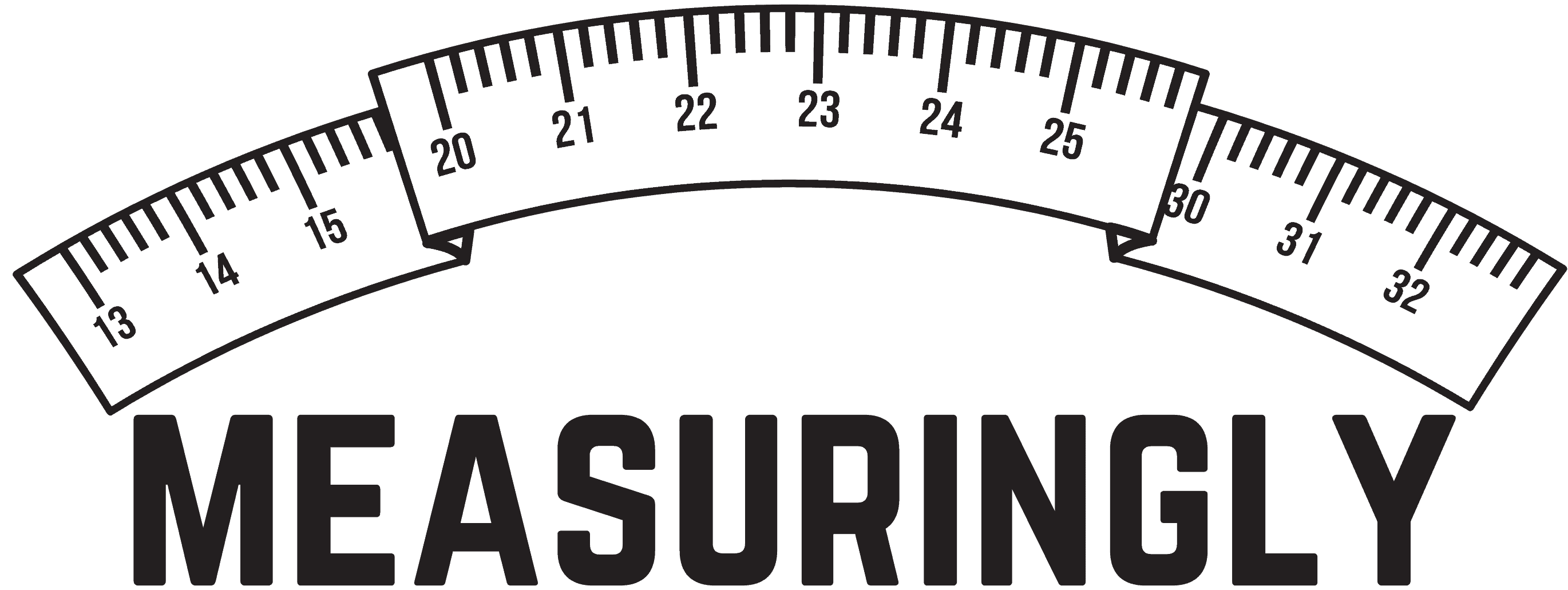Have you ever wondered how much a human tongue weighs? It’s a fascinating topic many people don’t think about, but it plays a crucial role in our ability to taste, speak, and swallow.
The tongue is a muscular organ composed of various muscle fibers, dexterously carrying out multiple tasks. Its weight varies among individuals, as every person has different physical traits.

In this article, we’ll explore the average weight of a human tongue and what factors might contribute to variations in its weight. We’ll also discuss how the tongue’s characteristics may affect its functionality. Understanding the weight of our tongues can help us better appreciate this vital organ in our daily lives.
As we delve into this intriguing subject, I’ll share some exciting facts about our tongues, including their anatomy and function. You might be surprised to learn that the tongue is not only responsible for our sense of taste but also plays a pivotal role in our ability to communicate with others. So, let’s explore this delightful topic together.
Read: How Much Does a Fire Hydrant Weigh? (Answered)
The weight of human tongues can vary quite a bit. On average, adult male tongues weigh about 70 grams (2.47 ounces), while adult female tongues weigh closer to 60 grams (2.12 ounces).
What is the Human Tongue?
The human tongue is a fascinating organ in our body. I find it quite remarkable how it consists of several muscles that work together to help us with various essential functions, such as speaking, swallowing, and tasting. The tongue is divided into several parts, each playing a crucial role in these functions.

In the anterior part, we have the tip and the blade of the tongue, which play a vital role in articulating speech sounds. The dorsum forms the middle and back of the tongue and is primarily responsible for conducting taste sensations.
The human tongue has taste buds, which contain the taste receptor cells that enable us to enjoy the different flavors in our food. These taste buds are located around small structures called papillae, which give the tongue its characteristic bumpy appearance.

As for the muscles, the tongue has both intrinsic and extrinsic muscles. The intrinsic muscles are found entirely within the tongue and help change its shape, while the extrinsic muscles connect the tongue to other structures in the mouth and aid in its movement.
Our tongues are versatile organs that allow us to perform several vital tasks. Although its weight may differ from person to person, its importance in our daily lives remains constant.
The Weight of the Human Tongue

As someone who has always been curious about the human body, I recently wondered about the weight of the human tongue. In my research, I discovered that it varies between individuals.
On average, a human tongue weighs between 60 and 70 grams. However, this range can be influenced by several factors, which I will discuss further.
Factors Influencing the Weight
There are a few factors that can affect the weight of a person’s tongue:
- Age: As we grow, so does our tongue. The weight of an infant’s tongue is much less compared to that of an adult.
- Genetics: Individual genetic differences can lead to variations in the size and weight of our tongues.
- Gender: Males typically have slightly heavier tongues than females due to factors such as body size and muscle mass.
Methods of Measurement
While it may seem a bit unusual to want to measure the weight of one’s tongue, some methods can be used:
- Dissection: In autopsy or cadaver studies, the tongue can be carefully removed and weighed. This method provides the most accurate measurement but does not apply to living people.
- Magnetic Resonance Imaging (MRI): Advanced imaging techniques such as MRI can estimate the tongue’s weight by measuring its volume and calculating its weight based on the density of the tongue’s tissue.
Comparisons of Tongue Weights
In my research, I found that the weight of human tongues can vary quite a bit. On average, adult male tongues weigh about 70 grams (2.47 ounces), while adult female tongues weigh closer to 60 grams (2.12 ounces).

Interestingly, the tongue is the strongest muscle in the human body in proportion to its size. Let’s explore some comparisons to help us put these weights into context.
First, our tongue weight is just a fraction of our body weight. If we compare it to other body parts, we can see that the human heart usually weighs between 280-340 grams (9.87-11.99 ounces), and the human brain weighs around 1,300-1,400 grams (45.86-49.38 ounces). So, our tongue weighs much less than these vital organs.
Now, let’s see how our tongue weight stacks up against some everyday objects:
- A standard AA battery weighs about 23 grams (0.81 ounces), so our tongue is roughly the weight of 3 AA batteries.

- A slice of bread usually weighs around 30 grams (1.06 ounces). This means our tongue is about twice the weight of a piece of bread.

When we compare our tongue weight to specific edible items, we find some interesting similarities:
- A medium-sized apple typically weighs around 100 grams (3.53 ounces). This means our tongue weighs less than an apple.

- A medium egg weighs close to 50 grams (1.76 ounces). The tongue of an adult female is just slightly heavier than a medium egg.

Read: How Much Does a Water Heater Weigh? (Full Guide)
Taking a look at the tongue weights of some other species can also be intriguing:
- A cow’s tongue can weigh between 1,000-1,500 grams (35.27-52.91 ounces) depending on its size and sex, making it much heavier than a human tongue.

- A cat’s tongue, on the other hand, weighs only about 5 grams (0.18 ounces), which is much lighter than our tongue.

I hope these comparisons help you better understand and appreciate the weight of our marvelous tongues!
Conclusion
A human tongue weighs about 60 to 70 grams on average. It plays a crucial role in our daily lives, from tasting food to speaking clearly. Age, gender, and ethnicity can cause variations in its weight.
I believe it’s essential to highlight that the tongue consists of eight separate muscles, which work together in harmony. This coordination allows us to perform feats like eating, talking, and singing. It’s truly fascinating when you think about all the functions our tongue carries out every day!
Frequently Asked Questions
What is the average weight range of a human tongue?
From my research, I found that the average weight of a human tongue ranges between 60 and 70 grams (about 2 to 2.5 ounces). This can vary slightly between individuals, but it’s generally within this range for most people.
Are there variations in tongue weight among individuals?
Yes, there can be variations in tongue weight among individuals. Genetics, gender, and overall body size can play a role in the weight of a person’s tongue. It’s essential to remember that these variations are usually minor and within the average range mentioned above.
Does tongue weight change with age?
As we age, there may be a slight decrease in tongue weight due to muscle loss. However, healthy aging doesn’t typically cause significant changes to the tongue’s size or weight.
What factors can affect the weight of a person’s tongue?
Various factors can affect the weight of a person’s tongue. These factors include genetics, age, gender, and overall body size. Additionally, certain medical conditions or treatments, such as surgery or radiation therapy, can also affect the weight and size of a person’s tongue.
How does tongue weight compare to other organs in the human body?
When compared to other organs in the human body, the tongue is relatively lightweight. Organs like the liver, which weighs around 1.5 kilograms (about 3.3 pounds), are significantly heavier than the tongue. Though small in weight, the tongue is still an essential organ, playing a crucial role in our ability to speak, eat, and taste.
Can certain diseases or conditions cause changes in tongue weight?
Certain diseases and conditions can alter tongue weight, although this is uncommon. Oral cancer or tumors can increase tongue weight, and inflammation from injury or infection can cause temporary weight changes and swelling.







